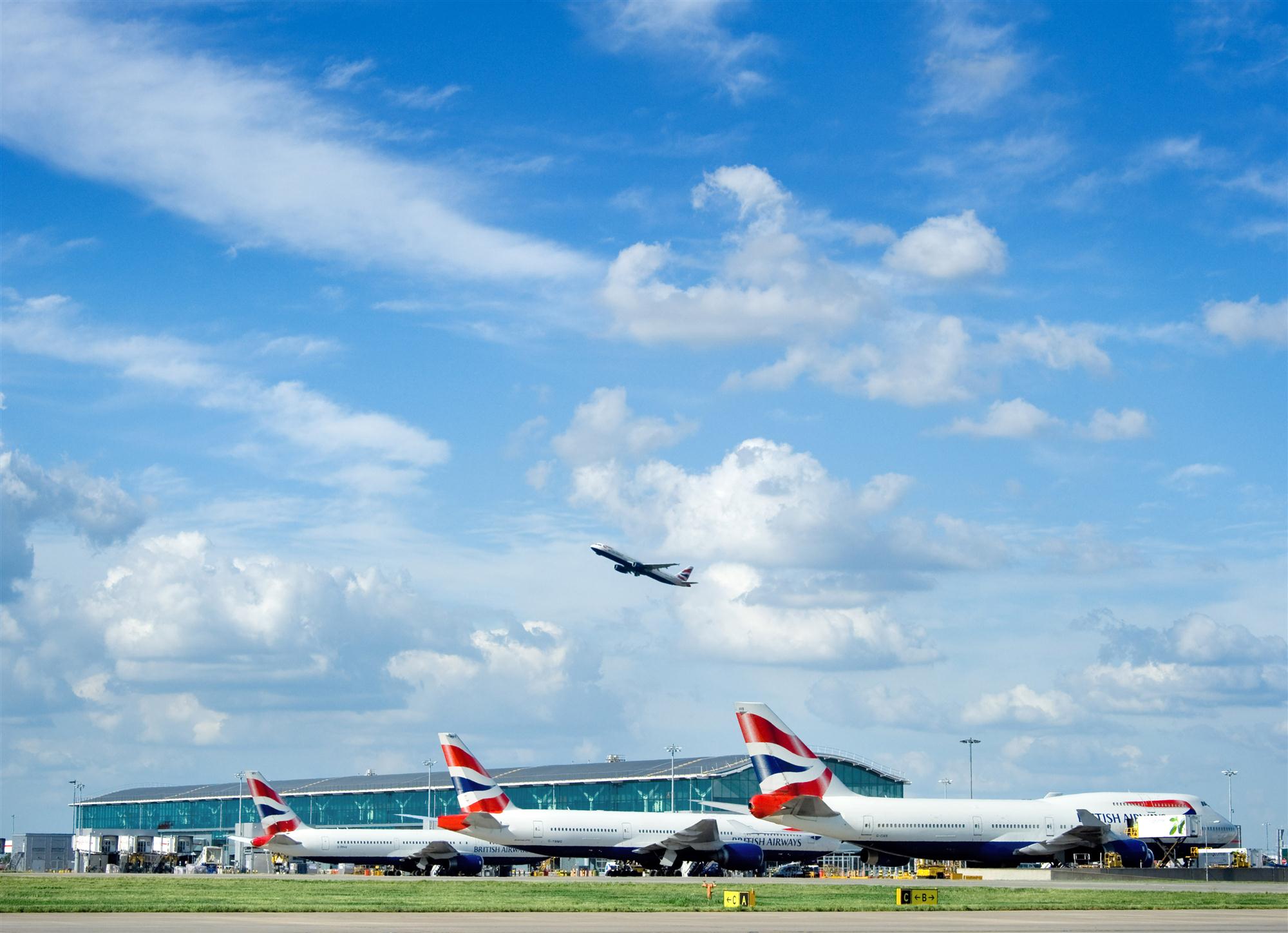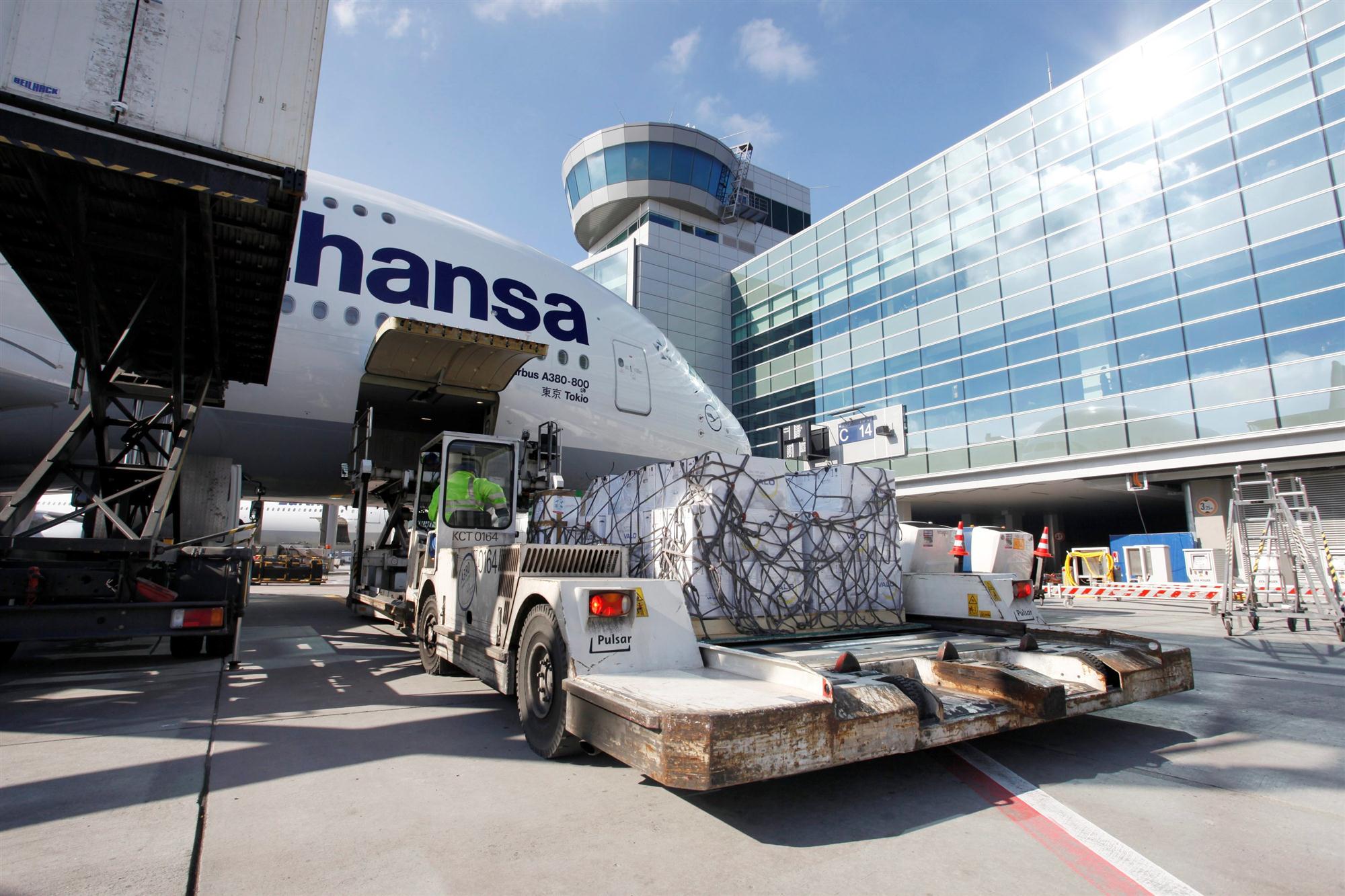Despite stagnation in Europe’s total air cargo volume growth over the last year, several of the leading airport gateways in that region for Asian traffic are looking to expand their general aviation capacity, and most are specifically planning to improve the efficiency of shipment processing.
The capacity issue, much of which is currently primarily down to growth in passenger traffic rather than on the cargo side, is particularly topical right now in the United Kingdom, where a long-running debate over how best to add much-needed runway capacity in southeast England continues to rumble on. It is also apparent at certain continental European airports, notably Amsterdam Schiphol in the Netherlands.
In the case of the UK, the air cargo industry generally favours boosting aviation sector capacity by building a third runway at the country’s largest airport, London Heathrow. However, faced with strong environmental and political opposition, the national government decided last December to delay making a final decision on that option for another six months to undertake “further consultation.”
That move infuriated the country’s logistics industry. Forwarder organization the British International Freight Association, for example, said it was “dismayed” by that news and urged the government to “stop playing political football with the issue of aviation capacity and make a decision.”
David Williams, managing director of international forwarder Rhenus Logistics UK, described the postponement of that decision as “a blow” and claimed that as Heathrow’s cargo capacity still lagged behind Frankfurt, Schiphol and Paris, “it’s becoming increasingly obvious to both manufacturers and logistics providers that there is simply no capability to move any additional goods, which will result in stagnation.”
Another UK logistics industry trade body, the Freight Transport Association (FTA), issued a statement warning the government that “yet another delay in a decision on future investment in airport capacity is damaging the UK’s international competitiveness.”
 The FTA went on to point out that Heathrow, a major international hub for IAG Cargo in particular, had recently announced plans to invest around US$250 million in its cargo facilities in a push to halve processing times and double the volume of air cargo handled. “A third runway is crucial to enable the airport to remain competitive,” claimed the FTA.
The FTA went on to point out that Heathrow, a major international hub for IAG Cargo in particular, had recently announced plans to invest around US$250 million in its cargo facilities in a push to halve processing times and double the volume of air cargo handled. “A third runway is crucial to enable the airport to remain competitive,” claimed the FTA.
Key individual features of Heathrow’s plan to improve its cargo-handling efficiency include new underground access roads airside between apron areas and the cargo zone to speed up transport, new air-to-air freight facilities to speed up the transfer of cargo between flights; and becoming ‘e-freight’ ready. The airport management added that the underlying aim was to reduce congestion and smooth processes, “all enabling a halving of airport processing time from eight to nine hours, to four hours.”
In 2015, Heathrow handled almost the same amount of cargo as it did in 2014, just under 1.5 million tonnes. However, it reported a near 3% surge in January this year, compared with January 2015, to just over 119,000 tonnes, a figure which included a 28% increase in traffic to China.
Overall capacity issues and the more specific need to improve airport cargo-handling efficiency are also high on the business development agenda at Schiphol, one of two home hubs for the Air France/KLM/Martinair (AF/KL/MP) Cargo group.
On the capacity front, for example, Jos Nijhuis, president and CEO of airport management company Schiphol Group, noted in the organization’s recently published 2015 results statement that: “As we are rapidly approaching the limits of our peak capacity, it is absolutely essential for us to invest in strengthening, improving and enhancing our infrastructure, quality and accessibility.”
While much of that growing pressure on Schiphol airport’s overall capacity is being attributed to fast growth in passenger traffic (up 6% in 2015) rather than cargo business which last year declined by just under 1% to 1.6 million tonnes, the airport is nevertheless pushing to further improve its handling and processing efficiency in that market.
Earlier this year, for example, it was announced that the airport’s established Cargonaut cargo community information platform was going to be modernized through an investment of around US$2.2 million, jointly funded by business and government, over the next two years.
Meanwhile, the combined total cargo throughput at Europe’s leading airport gateways is still broadly flat according to Airports Council International Europe, which represents nearly 500 airports in 45 European countries, which between them annually handle around 18 million tonnes of cargo, that sector as a whole saw a mere 0.7% increase in cargo traffic last year compared with 2014.
Predictably, there were some variations in that general picture between individual airports, with some reporting single-digit increases while others suffered small decreases.

Prominent among the major gateways to report an increase in 2015 was Leipzig/Halle Airport, Germany’s second-ranked cargo airport behind Frankfurt. The home base for freighter operators AeroLogic (a joint venture involving DHL Express and Lufthansa Cargo) and Ruslan Salis (a cooperation arrangement between the Volga-Dnepr Group and the Antonov Design Bureau covering Antonov 124-100 freighter operations), and the European hub for DHL, it saw an 8.5% jump to 988,000 tonnes, a new record. Another German airport, Munich, reported an even bigger percentage increase last year, up 9% to over 317,000 tonnes, also a new annual record.
Other leading European airports with a cargo throughput figure in positive territory last year included Luxembourg, the base for worldwide Boeing 747 freighter operator Cargolux, with flown cargo up just over 4% to 738,000 tonnes, and the leading French gateway of Paris CDG, the second major European hub for the AF/KL/MP Cargo group, with an increase of just under 1% to around 2 million tonnes.
On the downside, Frankfurt, the home hub for Lufthansa Cargo, reported a 2.3% fall in 2015 to 2.1 million tonnes, which it attributed mainly to “weakening global trade and economic difficulties in some emerging markets,” while the figure for this January was virtually the same as that for January 2015 at just under 157,000 tonnes.
The most recent significant cargo-related development at that gateway was the completion last November of a deal under which airport operator Fraport sold a 51% share in its Frankfurt-based Fraport Cargo Services (FCS) subsidiary to WFS, the world’s largest independent air cargo handler, to create a strategic partnership.
By Phil Hastings
Europe Correspondent | London